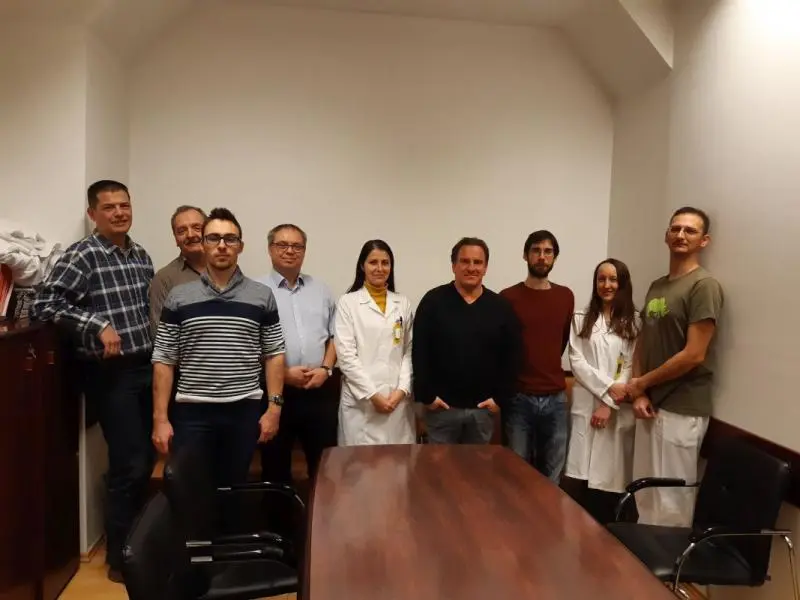
The current goals of preclinical research, radiopharmaceutical development and the medical imaging groups at the Division of Nuclear Medicine are to provide quality research core services to researchers at the University of Debrecen and to collaborate directly with the pharmaceutical industry and other academic institutions with a view to accelerating the development of new drugs, and diagnostic and imaging methods. Our facilities and our nearly 30 years of experience and the wide-ranging clinical background at the University of Debrecen allow us to offer numerous effective services for interested partner institutions.
Within the department, our Space Research Team (Isotopes and Applications Research Group) studies the specific mechanisms of cancer tissue formation and metastasis, as well as hypoxic states, with specific radiopharmaceuticals and animal models. We plan to investigate these questions further during the project, as space activities have a much higher risk of both a hypoxic condition and a possible subsequent cancer. It is known that the significantly higher ionizing background radiation in space may increase the likelihood of cancer development. Therefore, the medical imaging devices with higher ionizing radiation (CT, PET) allows us to monitor and retrospective analyse of patient doses in relation to other emerging diseases, which may provide additional information on the risks of human live in the space. Accordingly, we will define and develop databases that will allow us to investigate the relationship between absorbed doses by the patient and the diseases that may occur in this connection. Our previous results in fMRI studies, bigdata management, and medical image texture analysis can further assist in the processing of large amounts of data and image information in the space research.